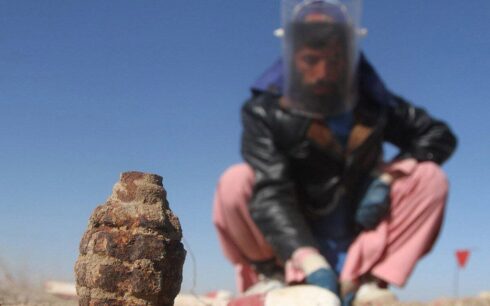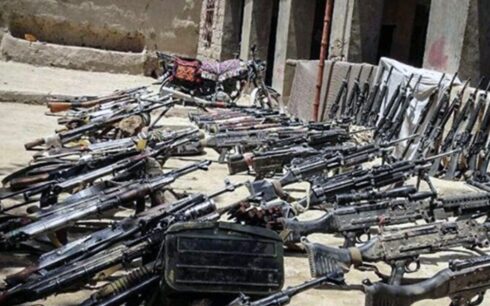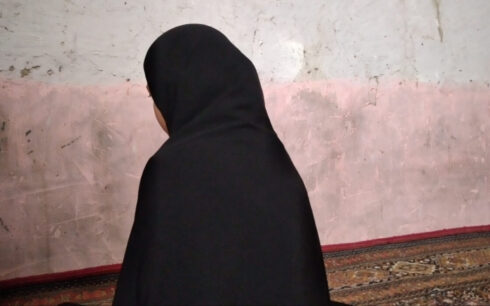KABUL, Afghanistan— Since taking over Afghanistan, the reestablishment of the Taliban’s Ministry for the Promotion of Virtue and the Prevention of Vice has become a symbol of their draconian rule.
On August 28, 2022, the Ministry of Women’s Affairs was dismantled and replaced by this new body, which many see as a regressive force against the rights of women and a reassertion of the Taliban’s strict interpretation of Islamic law.
The ministry, headed by Mohammad Khalid Hanafi—a close ally of the Taliban’s supreme leader and a figure on the United Nations Security Council’s sanctions list—has assumed a central role in enforcing the Taliban’s austere social policies. Over the past three years, it has imposed its interpretation of Sharia law, grounded in the Hanafi school of jurisprudence, on the Afghan populace.
Operating with a force of 6,000 “moral police” officers in Kabul and other provinces, the ministry has implemented a series of restrictive measures that disproportionately target women. These include bans on women traveling abroad without a male guardian, prohibitions on journeys of more than 72 kilometers without a male escort, and the closure of public spaces such as parks and beauty salons to women. The ministry has not only announced these restrictions but actively monitors their enforcement, making it one of the most powerful institutions in the Taliban government.
In addition to its direct actions, the Ministry of Vice and Virtue has also pressured other ministries to impose further restrictions on women. These include the closure of schools for girls above grade six, a ban on women’s higher education, and prohibitions on female participation in sports and employment with non-governmental organizations.
Overview of Restrictions on Women:
- Closure of schools for girls above grade six
- Ban on women’s higher education
- Prohibition of female athletes
- Ban on women working in NGOs
The ministry’s reach extends beyond women, imposing rigid controls on men as well. These include bans on shaving beards, restrictions on haircuts that do not conform to Taliban standards, and prohibitions on wearing neckties or short clothing. Men are also required to attend prayers at mosques, and barbers are forbidden from trimming beards. Additionally, the ministry has banned music-related jobs, claiming to have destroyed 21,000 musical instruments and outlawing the sale of non-Hanafi religious texts.
Overview of Restrictions on Men:
- Ban on shaving beards
- Restrictions on haircuts not conforming to Taliban standards
- Ban on wearing neckties
- Ban on short clothing
- Mandatory mosque attendance for prayers
- Prohibition on trimming hair and beards in barbershops
- Ban on music-related jobs
Further expanding its reach, the ministry has prohibited listening to music, attending cinemas, participating in art competitions involving portraits, and broadcasting women’s voices or displaying images of living beings. The United Nations Assistance Mission in Afghanistan has reported over 1,000 documented cases where the ministry’s enforcers used violence to uphold these decrees.
The Taliban’s Ministry of Vice and Virtue, which first gained notoriety during the group’s initial rule in the 1990s, remains one of the most feared institutions in Afghanistan today. Its influence underscores the Taliban’s commitment to enforcing its stringent interpretation of Islamic law, with little regard for the diverse religious and cultural practices within the country.





